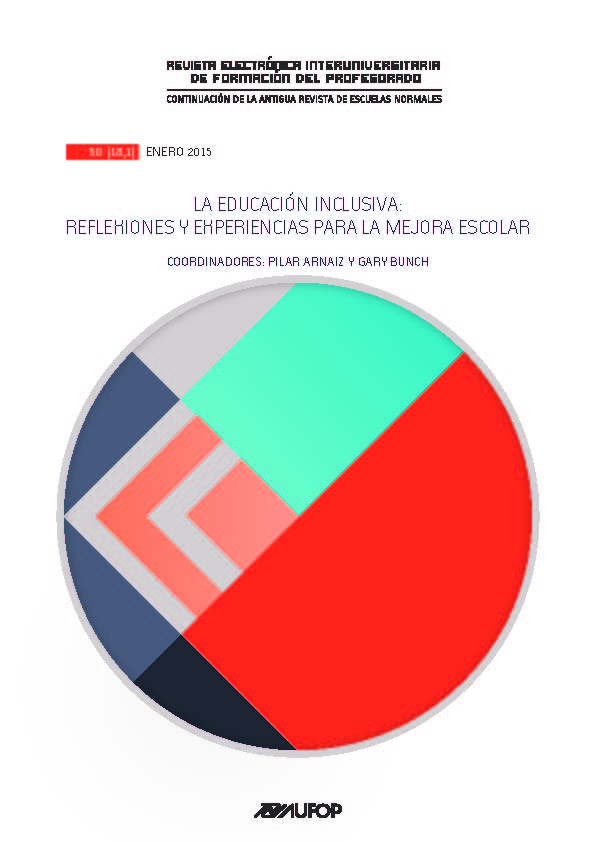Assessment of Interactive Groups From The Inclusive Education Paradigm
Abstract
The aim of this study is to evaluate classroom sessions whose organization is based on the Interactive Groups (GI) to determine the variables that ensure inclusive practices. A case study, focusing on the CEIP Pintor Joan Miró (Palma de Mallorca), was developed in five focus groups, documentary analysis and subsequent discussion with teachers to discuss the programming, implementation and evaluation of GI in Pre-Primary and Primary. Materials, strategies, resources, obstacles, doubts and alternatives are presented to establish proposals for improvement at the school level. From the most relevant results, it concludes that if high expectations for all students participating and dialogic acts are maintained in GI, the practices that take place in this type of organization ensure participation and learning for all and can be considered as inclusive.
Downloads
-
Abstract5523
-
PDF (Español (España))2061
Los artículos que se publican en esta revista están sujetos a los siguientes términos:
1. El Departamento de Métodos de Investigación y Diagnóstico en Educación de la Universidad de Murcia (España), junto con el Servicio de Publicaciones de la Universitdad de Murcia (Editum) son los editores de la revista REIFOP y conserva los derechos patrimoniales (copyright) de los artículos publicados, permitiendo la reutilización de las mismos bajo la licencia de uso indicada en el punto 2.
2. Las obras se publican en la edición electrónica de la revista bajo una licencia Creative Commons Reconocimiento-NoComercial-SinObraDerivada 3.0 España (texto legal). Se pueden copiar, usar, difundir, transmitir y exponer públicamente, siempre que: i) se cite la autoría y la fuente original de su publicación (revista, editores y URL de la obra); ii) no se usen para fines comerciales; iii) se mencione la existencia y especificaciones de esta licencia de uso.
3. Condiciones de auto-archivo. Se permite y se anima a los autores a difundir electrónicamente las versiones pre-print (versión antes de ser evaluada) y/o post-print (versión evaluada y aceptada para su publicación) de sus obras antes de su publicación, ya que favorece su circulación y difusión más temprana y con ello un posible aumento en su citación y alcance entre la comunidad académica. Color RoMEO: verde.















